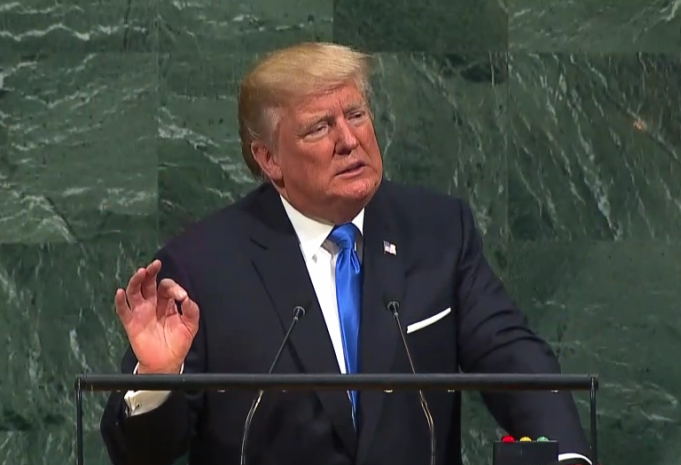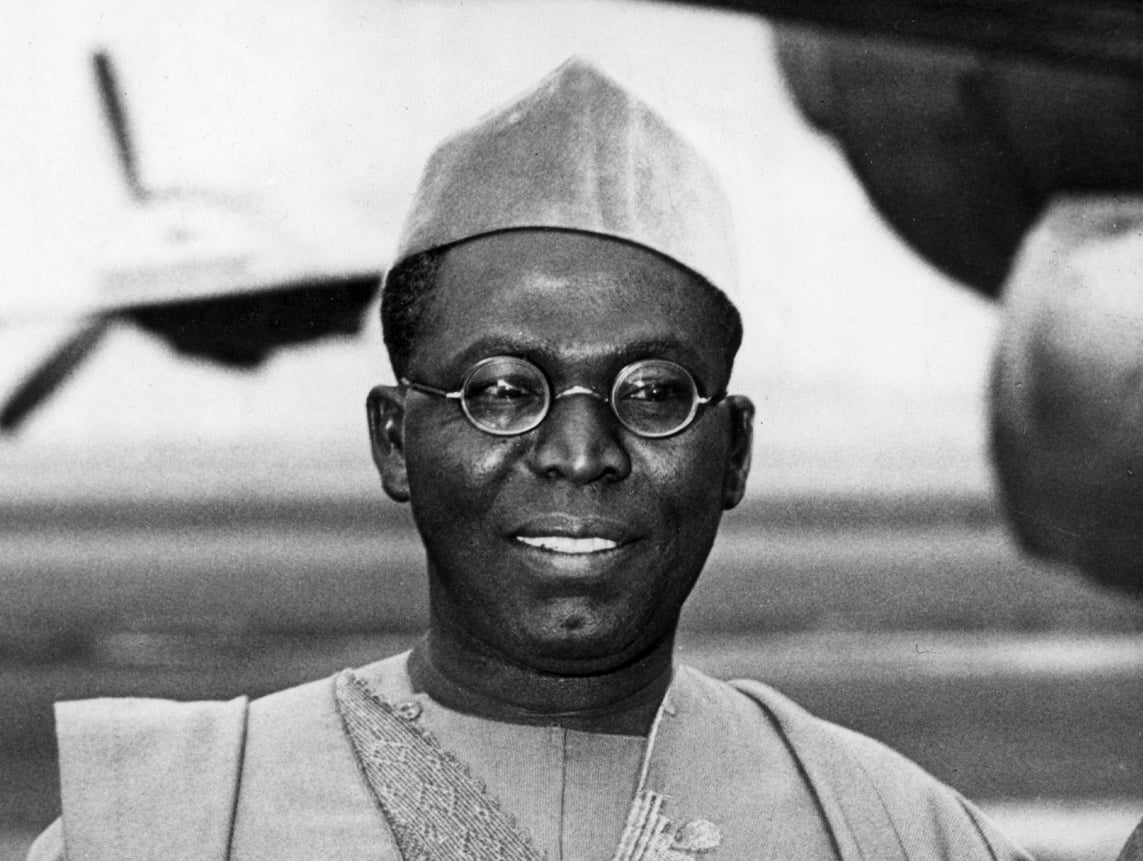Today marks a significant milestone in the effort to address the crisis of irrational and interminable pretrial detention in Nigeria. Force Order 20, which is launched today, institutionalizes the Police Duty Solicitor Scheme (PDSS) in the Nigeria Police Force (NPF). It is the result of over one decade of partnership involving the NPF, the Legal Aid Council of Nigeria (LACON) and civil society, including the Rights Enforcement and Public Law Centre (REPLACE) and the Open Society Justice Initiative.
A Force Order is a statutory instrument under the Police Act. The Police Act is the law that regulates the operations and powers of the NPF. Force Orders are made by the Inspector-General of Police (IGP) and have country-wide effect.
Force order 20 addresses “free legal services for arrested and/or detained persons in police formations” and institutes the PDSS as a country-wide mechanism for its delivery. It expands the provision of legal services in police stations by ensuring prompt access to Duty Solicitors for suspects. It implements the constitutional promise of access to counsel in police stations in Nigeria.
The NPF under this IGP, Ibrahim Kpotun Idris, deserves credit for taking the courageous step to bring this to fruition.
Advertisement
Modest Beginnings
The PDSSbegan as a modest effort to address the overuse of pretrial detention in Nigeria in 2004. The then Director-General of Legal Aid, Mrs. Uju Hassan-Baba,provided the inspiration and worked with Open Society Justice Initiative to design the initial framework, which included the creation of a computer-based Criminal Justice Information Management System (CRIMSYS) to monitor the movement of cases from the point of arrest to the conclusion of the case; and judicial practice directions to regulate duration of pretrial detention. This package of interventions was piloted in four states – Imo, Kaduna, Ondo and Sokoto with mixed results.
It began under a memorandum of understanding signed in 2005 by IGP Sunday Ehindero, Mrs. Uju Hassan-Baba on behalf of LACON and the present writer representing the Open Society Justice Initiative. The Principal Staff Officer (PSO) to the IGP then was Solomon Arase. He is also the immediate past IGP and helped to shape the origins and evolution of the idea.
Advertisement
The scheme began with a cohort of 16 young lawyers on national service in the four aforementioned states to provide legal aid and assistance to indigent arrested persons. During the first five years of operation (2005-2010), the scheme secured the release of over 13,000 criminal suspects from police stations and prisons in these four States. It would later expand to take in two more states: Edo and Kebbi.
In its first decade, the scheme expanded from four to seven states; benefitted over tens of thousands of detainees; witnessed the enactment of the Administration of Criminal Justice Act (2015) for the federation and Administration of Criminal Justice laws in Anambra, Ekiti, Kaduna, Lagos, and Ondo states. This Force Order lays out the framework for realizing the promise of these reforms.
Although it recorded significant successes, the scheme also had formidable challenges. Personnel changes meant that progress was not always consistent. As important as the MoU establishing the scheme was, it had its limitations. Since it was signed, the NPF has had a turnover of eight IGPs. Not every senior officer in the NPF was persuaded about its effect under successive IGPs.
In a bid to address these limitations, the Justice Initiative and REPLACE worked with the personnel of the NPF to explore how the benefits of the scheme could be preserved and expanded. In 2015, under then IGP, Solomon Arase, the understanding was reached that the most effective way to achieve this was to transform the MoU into a Force Order.
Advertisement
IGP Ibrahim Idris grasped its significance and made it possible. To him belongs the credit for institutionalizing this scheme.
The product of that advocacy effort is the launch of Force Order 20, which will make it possible for suspects to access legal assistance for free at the point of first contact with law enforcement. With it, we can sift out early in the process those who don’t belong in the criminal justice process and ensure that they don’t suffer from pre-trial injustice.
We should place on record the tirelessness of former Commissioner of Police, Force Public Relations, Frank Odita, whose passion, leadership and commitment made the critical difference in bringing this Force Order to fruition. A generation of young lawyers on national service offered their skills to ensure that the experiment got a chance to prove itself. Force Order 20 is a testament to their idealism and sacrifice.
A Milestone and An Opportunity
Advertisement
The launch of Force Order 20 is both a milestone and an opportunity. It secures in a practical way the guarantees of due process in S. 36(5) of the 1999 Constitution. This Force Order now makes it possible to take the scheme across the federation. To achieve this, every stakeholder has a role to play. New partnerships have to be forged with state institutions like LACON and the Attorney-General’s Chambers as well as the Bar and Bench. Non-governmental actors have a seat in the management scheme designed by Force Order 20.
In the next decade, we must do more to realise the full promise of this Force Order. We should aim to ensure that only individuals who have good reasons to stay in detention prior to trial are actually detained and that while detained, all the due-process rights established under our constitution and laws are accorded to them.This is crucial because good pretrial practices actually make our country safer in the long run. We’ll need some additional resources to make this possible. Partners are welcome.
Advertisement
The launch of Force Order 20 comes days after IGP Idris also unveiled the revised Community Policing and “Bail is Free” initiatives. It demonstrates, in principle, the NPF’s commitment to connecting with the people and respecting our rights. These new opportunities should enable us to be more supportive of the NPF both in terms of making their work easier and holding them to account. We must work together to make these succeed.
Being keynote remarks at the launch of Force Order 20 on the Police Duty Solicitor Scheme (PDSS), by the Inspector-General of Police, Ibrahim Kpotun Idris, Rockview Royale Hotel, Wuse II, Abuja, Wednesday, September 20, 2017
Advertisement
Views expressed by contributors are strictly personal and not of TheCable.
Add a comment







